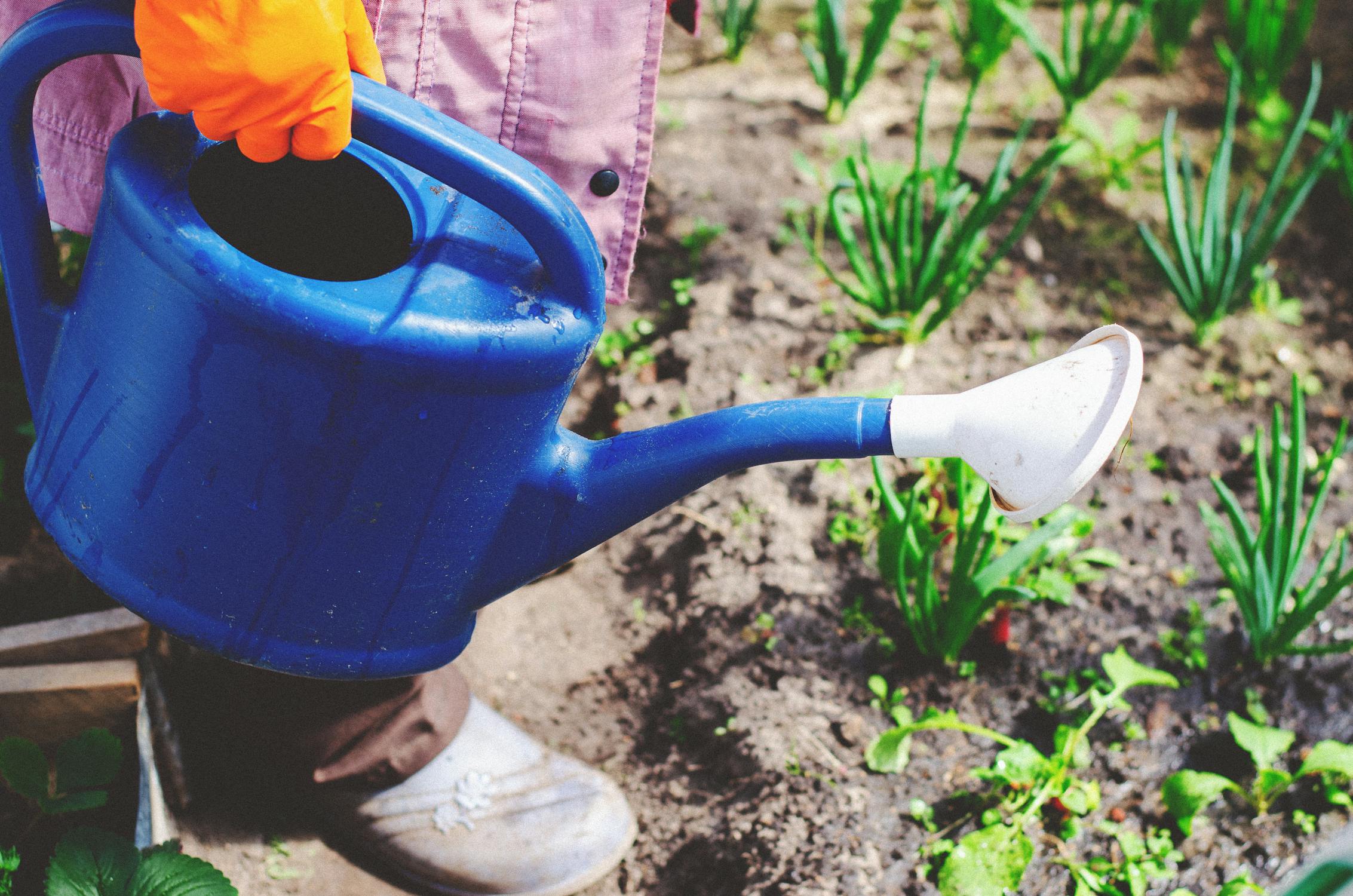Water Conservation Tips for Young Farmers
As a young farmer stepping into the world of agriculture, one of the most important resources you'll work with is water. With increasing climate challenges and shrinking water sources, conserving water has become more than just a good habit—it’s a necessity. By adopting smart practices early on, you can not only protect your crops but also ensure a sustainable future for your farm and your community.
Understand Your Soil
The first step in water conservation is understanding your soil. Different soils absorb and retain water differently, and knowing your soil type helps in choosing the right irrigation method. Improving soil health with organic compost can increase its ability to hold moisture, reducing the need for frequent watering.
Harvest and Store Rainwater
An effective way to conserve water is by harvesting rainwater. Installing simple rain collection systems on rooftops or farm sheds can help store thousands of litres of free water during the rainy season. This stored water can be a lifesaver during dry spells and reduce your dependence on groundwater.
Use Efficient Irrigation Methods
Using modern irrigation techniques makes a big difference. Instead of traditional flooding or overhead sprinklers, methods like drip irrigation or soaker hoses deliver water directly to the roots, where it's needed most. This minimizes evaporation and ensures that your plants get the right amount of water without waste.
Time Your Watering Right
Watering your crops at the right time is equally important. Early mornings or late evenings are the best times to water because the temperature is lower, which reduces evaporation. Avoid watering during the peak heat of the day when most of the water is lost to the sun.
Choose Drought-Resistant Crops
Growing crops that require less water is a smart strategy. Millets, sorghum, and local drought-resistant varieties can thrive with minimal irrigation and are well-suited to changing weather conditions. These crops help maintain productivity while using water more efficiently.
Use Mulching to Retain Moisture
Mulching—covering the soil with straw, dry leaves, or natural materials—helps retain soil moisture, control weeds, and maintain temperature. It’s a simple and effective method to reduce water loss and protect plant roots.
Use Technology to Monitor Water Use
Technology can be a helpful friend on your farming journey. Soil moisture sensors, weather-based irrigation apps, and simple timers can help you manage water use more efficiently. These tools allow precise watering, saving both water and effort.
Reuse Water Where Possible
Reusing greywater—like leftover water from washing vegetables or tools—for non-edible plants or trees is another way to stretch your water resources. Just make sure the water is free of harsh chemicals or detergents.
Share and Inspire
The impact of water conservation multiplies when shared. Talk to fellow farmers, inspire your community, and promote water-saving practices around you. As the new generation of agriculturists, you have the power to shape a smarter, more sustainable way of farming.
Final Thoughts
Saving water isn’t about doing less—it’s about doing it better. Every drop you save today is a step toward a greener tomorrow. With awareness, effort, and the right techniques, young farmers like you can lead the way in sustainable agriculture. Let’s farm smart, save water, and secure our future.
.png)






Leave a Comment
Your email address will not be published. Required fields are marked *